The minister said Hungary also wants to point out what the EU institutions need to deal with and potential methods.

Instead of intolerance, a culture of dialogue and tolerance must be created, together with developing forms of cooperation that have real added value, that make member states jointly stronger, and that aim to strengthen rather than diminish their capabilities.
Hungary will be implementing its ambitious EU Presidency agenda amidst a serious headwind, he said, noting that from day one, there will be those who brand the Hungarian Presidency a failure.
In the context of strengthening EU global competitiveness, Hungary intends to address the dysfunctions of the European internal market and industrial policy issues. Competition rules, international trade policy, energy and raw material supply also need to be on the table, he added, along with demographic issues, as factors impacting competitiveness.
The debate on whether maintaining or eliminating connectivity will make the EU stronger and more competitive must also be had during the Hungarian Presidency, he stressed, adding that Hungary's position on this issue is clear.
The minister also touched on the Cohesion Policy's contribution to improving competitiveness, as narrowing the gap between regions impacts the competitiveness of the whole Union.
During the Hungarian EU Presidency, the EU Cohesion Policy happens to be up for mid-term review, which is key in defining the policy for the next seven-year budget cycle.
The Hungarian EU Presidency will also address migration issues, focusing on the protection of the EU's external borders. He said that the government would like to see "certain innovative solutions" on the agenda, such as for how to process asylum applications in institutions established outside the EU's borders.
The Hungarian government also wants to achieve closer European cooperation on migration to combat organized crime and terrorism, the minister said.
In the context of migration, Janos Boka also pointed out that a new kind of anti-Semitism has emerged in the member states.
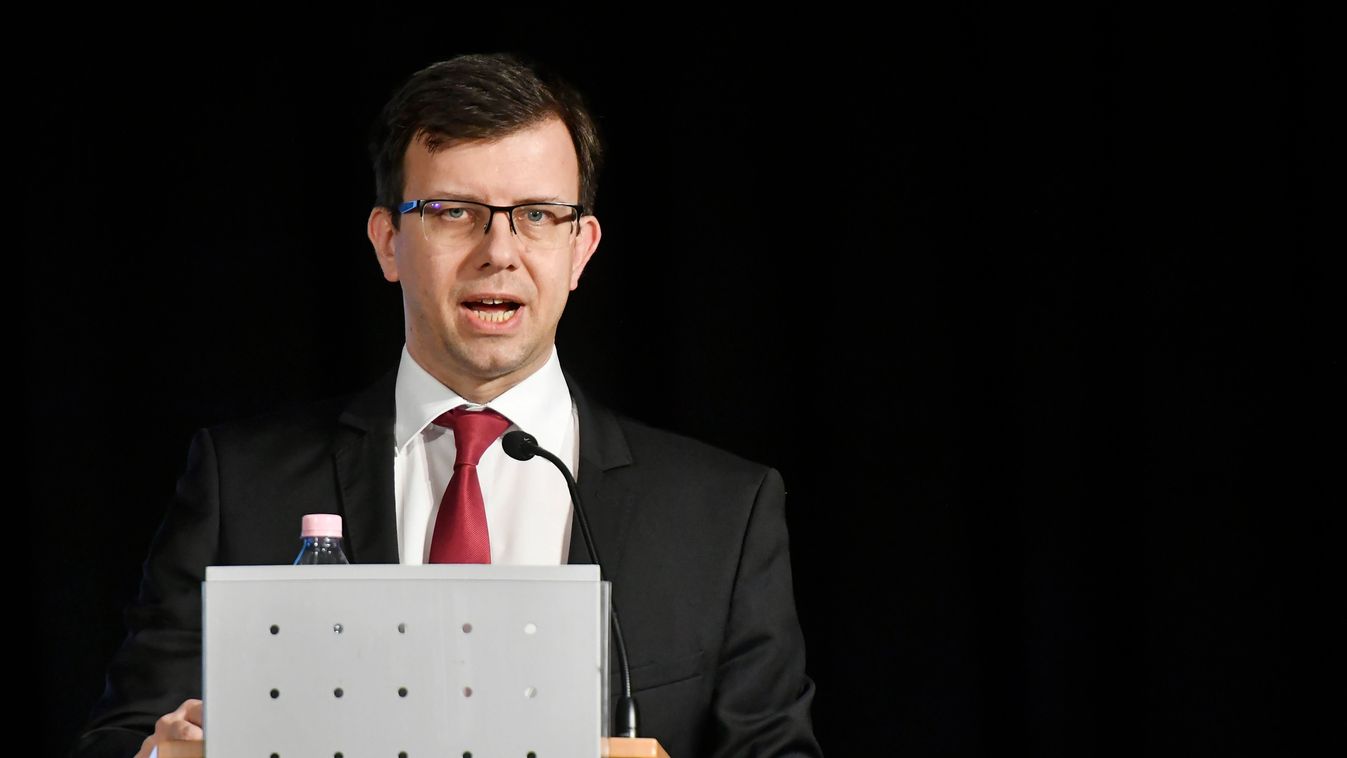

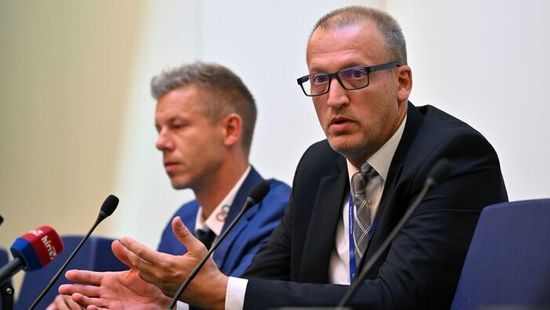
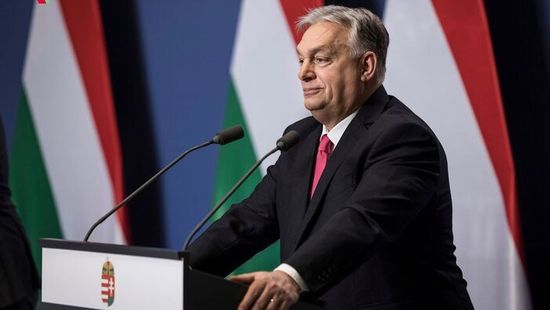
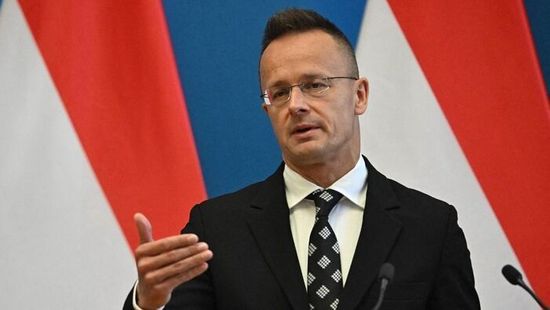










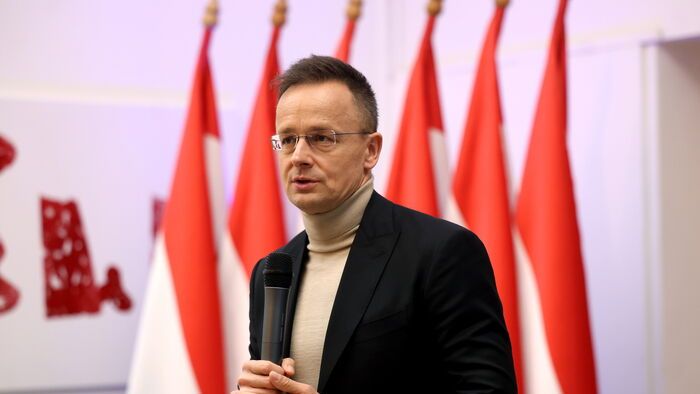
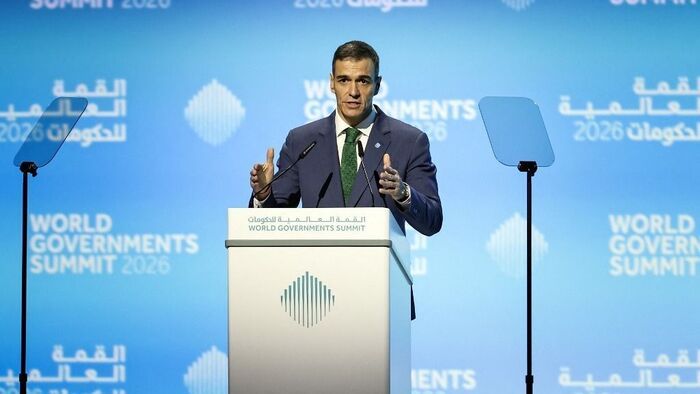
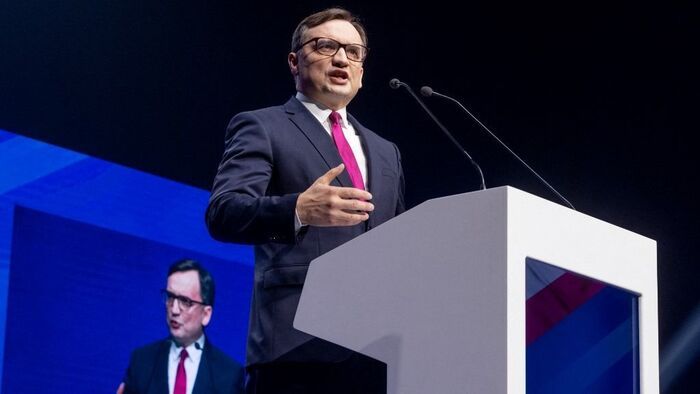


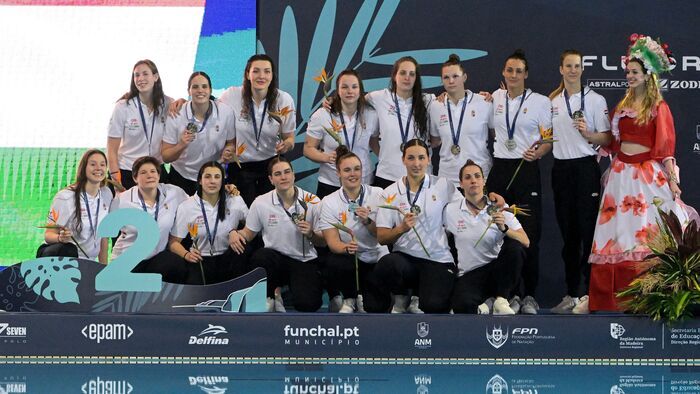

Szóljon hozzá!
Jelenleg csak a hozzászólások egy kis részét látja. Hozzászóláshoz és a további kommentek megtekintéséhez lépjen be, vagy regisztráljon!